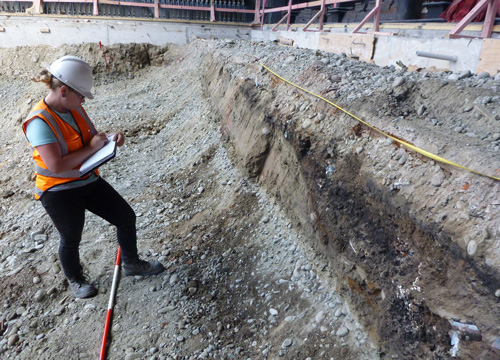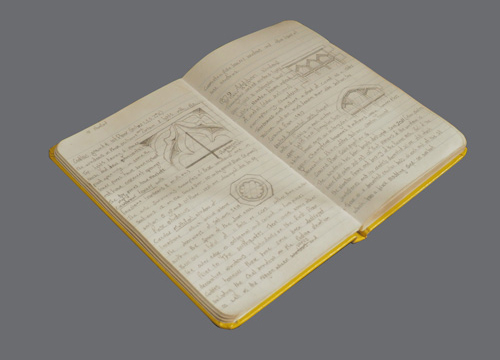You might not believe it from watching the movies, but archaeologists don’t just spend all their time digging. To find archaeological sites, they must first do a lot of research. Then, once a site has been located, archaeologists will be involved in cleaning, recording, and researching all of the artefacts they recover. Following the excavation, there will be time spent writing up reports, caring for the objects they uncovered, and sharing their new found discoveries.
There are all sorts of different types of archaeology, and not all of them are concerned with ancient cultures. For example, a forensic archaeologist will study skeletons, and an underwater archaeologist studies shipwrecks. Most of the artefacts in this online exhibition would be of interest to Classical archaeologists, who deal with the remains of anicent civilisations like those of ancient Greece, Rome and Egypt.
Here is what some local archaeologists think about what they do...


